Though in its court battles Apple argued that Qualcomm patents weren't any more valuable than those of companies like Ericsson and Huawei, in private the company praised them — and was aiming to sue Qualcomm as far back as 2014, according to newly-exposed documents.
"Engineering wise, they have been the best," said Apple's senior VP of hardware, Johny Srouji, in a March 2015 email quoted by the Washington Post. Another document shown in court, a 2009 internal Apple memo from an accountant, stated that Qualcomm is "widely considered the owner of the strongest patent portfolio for essential and relevant patents for wireless standards."
Apple decided it wouldn't sue Qualcomm until after the end of 2016, when Qualcomm would've paid out billions of dollars under their exclusive partnership, the Post continued. A third Apple document from June 2016 was labeled "Qualcomm Royalty Reduction," with one section explicitly stating "Goal: Reduce Apple's net royalty to Qualcomm."
The strategy was to "hurt Qualcomm financially" and "put Qualcomm's licensing model at risk," the document said. Apple didn't launch its first lawsuit against Qualcomm until January 2017, at which point it argued that Qualcomm not only owed nearly $1 billion in royalty rebates but maintained abusive practices forcing chip buyers to sign patent license agreements.
Apple lawyer Ruffin Cordell made the Ericsson and Huawei references on Tuesday, during the first and only day of the Apple v. Qualcomm trial. Cordell's argument was that a group of patents twice the size of Qualcomm's cost Apple a fraction of what Qualcomm was asking. Qualcomm lawyers, however, claimed that internal Apple documents revealed the iPhone maker intentionally licensed other, less expensive patents to make Qualcomm look overbearing.
The idea was to "selectively filter" a group of patent licenses that would serve as "evidence as a comparable in disputes with others," according to the Apple material.
The trial came to an abrupt end after opening statements, at which time the two companies announced a settlement of all ongoing litigation. Apple is paying an undisclosed amount to Qualcomm and entering into a new licensing agreement — UBS analysts speculated that former may be worth $6 billion, and the latter almost $9 per iPhone.
The Post report may suggest that Apple settled not just to put 5G modems in 2020 iPhones, but because it couldn't succeed with clear evidence it wanted to reduce royalties.
 Roger Fingas
Roger Fingas
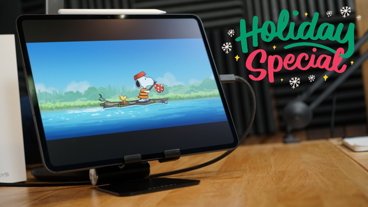






-m.jpg)






 Andrew Orr
Andrew Orr
 Thomas Sibilly
Thomas Sibilly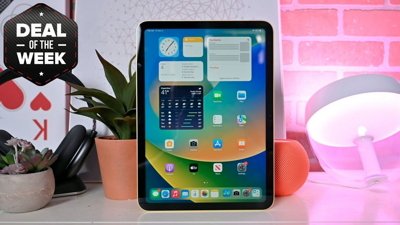
 Christine McKee
Christine McKee
 Andrew O'Hara
Andrew O'Hara
 Malcolm Owen
Malcolm Owen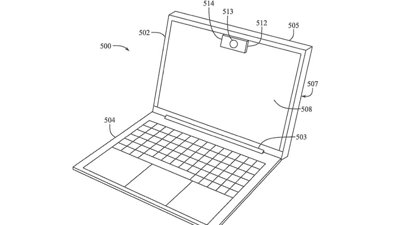
 William Gallagher
William Gallagher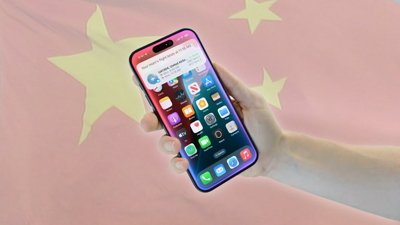

 Sponsored Content
Sponsored Content

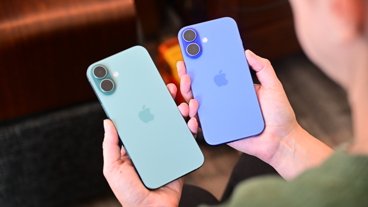





55 Comments
What do you call a lawyer at the bottom of the sea?
A good start.
That's certainly another spin on this than the poor, aggrieved, over-paying Apple vs the evil, greedy, law-breaking Qualcomm it's usually been portrayed as here. If accurate it leaves a different taste.
Apple's view that the royalties were too high, but a willingness to work with Qualcomm's portfolio isn't unsavoury, rather it's pretty much what various government's bodies have been finding with regard to Qiualcomm's practices: They charge too much for standard essential patents, and their all or nothing model carries the cruft of garbage patents in exchange for the far fewer essential ones that are actually needed.
I need closure on this. I know Qualcomm caved-in but how much.